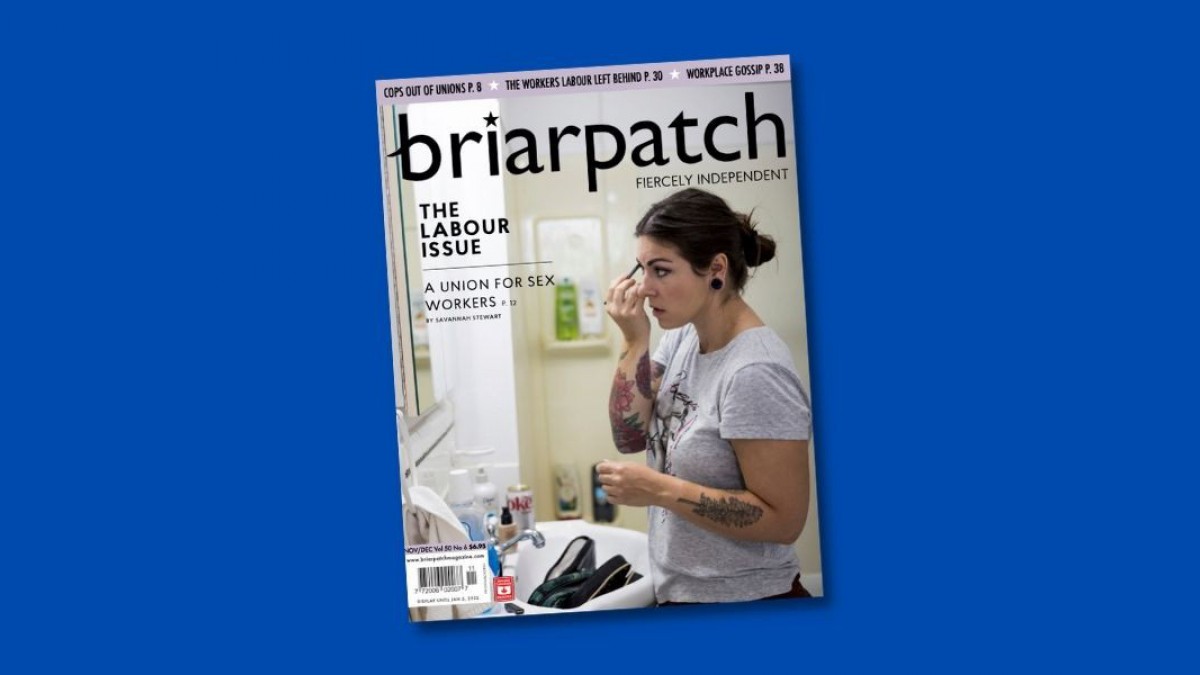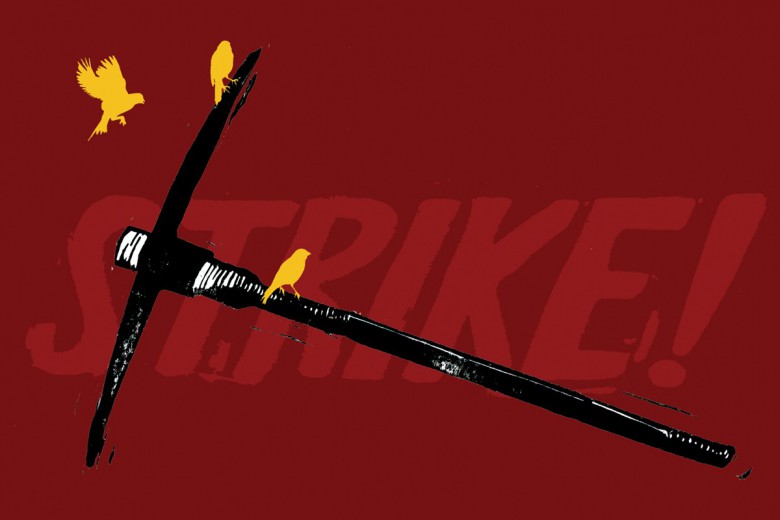We need to have some tough conversations about the Canadian labour movement. It’s a plain fact that union membership has been in decline since the rise of neoliberalism in the early ‘80s. Since then the world of work has changed dramatically, but unions have struggled to organize the growing number of gig and app-based workers. In June, Hassan Yussuf retired as president of the Canadian Labour Congress and four days later was appointed as a senator, raising eyebrows about his cozy relationship with the Liberal Party and ruling class. In March, an investigation in Rank and File revealed many accounts of sexual harassment, threats, and intimidation against women within the Winnipeg labour movement. During and after the Black liberation uprisings of 2020, unions talked big about anti-racism, but largely shied away from conversations around defunding and abolishing the police. Today, unions are tasked with proving their ongoing relevance, winning back the trust of women and BIPOC members, and mounting a real challenge to the forces of capitalism.
Where can we speak honestly about these issues, offering constructive criticism and debating paths forward, without making the movement vulnerable to bad-faith attacks by neoliberal columnists and far-right ghouls?
There’s roughly one full-time labour reporter left in Canada, since labour beats were replaced with business sections. On the rare occasions that mainstream media does publish articles about workplace issues, writers have to first work strenuously to convince an unfamiliar audience of some basic truths, like the fact that profit comes from a relationship of exploitation between bosses and workers. Writers might have to soften the edges of their radical ideas at the behest of a liberal editor. Those editors are mostly uninterested in the specifics of tactics and strategy. If a writer is shut out of or fed up with mainstream media, they might turn to Twitter instead. There, they might sacrifice subtlety for brevity, launching their idea into a sea of half-baked hot takes, only for it to be buried by the algorithm.
Today, unions are tasked with proving their ongoing relevance, winning back the trust of women and BIPOC members, and mounting a real challenge to the forces of capitalism.
Of course, there are good reasons to publish in a national paper or on social media: to reach a bigger audience, make a timely intervention, or invite replies from followers. But for the tough and delicate conversations we need to have about the labour movement, it’s my totally unbiased opinion that independent leftist media – like Our Times, Rank and File, or Briarpatch – provides the best forum.
This issue of Briarpatch opens these urgent conversations. Writers are honest and clear-eyed about the labour movement’s failings, but generous with their solutions and optimistic about the movement’s potential. Claire Nicolson-Hurtig interviews trade unionists about misogyny, racism, and other oppressive attitudes that are pervasive in many unions, tracing their history back to whites-only constitutions and women being barred from bargaining tables. David Camfield questions the practice – which is strongest in unions – of paying activists for the work of organizing. Sophie Birks calls on unions to expel police from their membership, arguing that a strong labour movement can only be built on a foundation of safety for Black and Indigenous members.
Other contributors look to the future of the labour movement, where some of the most promising organising is happening on its margins. Savannah Stewart writes about the nascent Sex Workers Industry Movement, which is organizing sex workers like freelancers in order to help them fight for better working conditions. Noelle Solange Didierjean follows the activists staking out grocery stores in order to connect with rural migrant workers and help them stand up to abusive bosses. Megan Linton writes about the importance of including disabled workers and prisoner-workers in demands for fair pay.
Year after year, my hope is that Briarpatch’s Labour Issue can provide a space – sheltered from the rough seas of social media and mainstream media – where trade unionists and radicals can write honestly; hold the labour movement to a higher standard; and debate, plan, and work toward building worker power.







